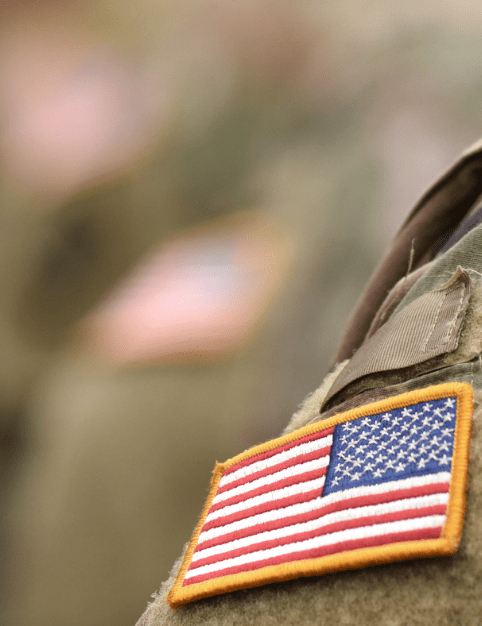House Passes Bill to Ease Proof Requirements for Military Sexual Assault Claims for Veterans
New legislation passed by the House may make it easier for victims of a military sexual assault to obtain VA disability benefits.
The Ruth Moore Act of 2013 calls for VA to update its rules for veterans who file claims for PTSD or other disorders based on an in-service sexual trauma. In many cases of sexual assault, objective medical records are not available that might help prove that the sexual assault happened. There are many reasons for this, including the fact that it is not easy for victims of a sexual assault to come forward after an attack. Although VA currently has rules in place that allow veterans to prove that the sexual assault occurred through other means, the goal is to ensure that veterans do not have their claims denied simply due to a lack of hard evidence.
The bill changes the standard of proof so that official records are not required. Veterans who say they were victims of military-related sexual trauma would have their claim accepted if a mental health professional says their condition is consistent with sexual trauma and their claims are not rebutted by other evidence. The draft legislation directs decisions to be resolved with “every reasonable doubt in favor of the veteran.”
The bill is, of course, a step in the right direction. As noted above, there are many reasons why objective evidence is not available to prove the case, and sexual assault victims should not have their claims denied solely for a lack of objective evidence. A better plan, however, would require VA to give more weight to reports from examining psychologists who say that the veteran displays symptoms that are consistent with that of a sexual assault victim.
Sexual Assault in the Military
Sexual assaults are an underreported epidemic in the military, and victims are doubly victimized and deeply disadvantaged in trying to collect benefits for related PTSD from the VA, which approves such claims at much lower rates than combat-related PTSD. The bill would require annual VA reports on how it handles such claims, and “for the thousands who have suffered in the aftermath of sexual assault, the bill brings a long-overdue promise of fairer treatment.”
If you need help with your sexual assault disability claim, please contact Veterans Help Group.

How to Apply for VA Disability Compensation
It's one thing to know how to apply for VA disability compensation. It's another to understand the...

What is the VA DBQ?
What is the VA DBQ? A VA Disability Benefits Questionnaire (DBQ) is a form used to convey...

Most Commonly Approved VA Disability Claims
Most Commonly Approved VA Disability Claims Veterans receive VA disability benefits for a wide...





